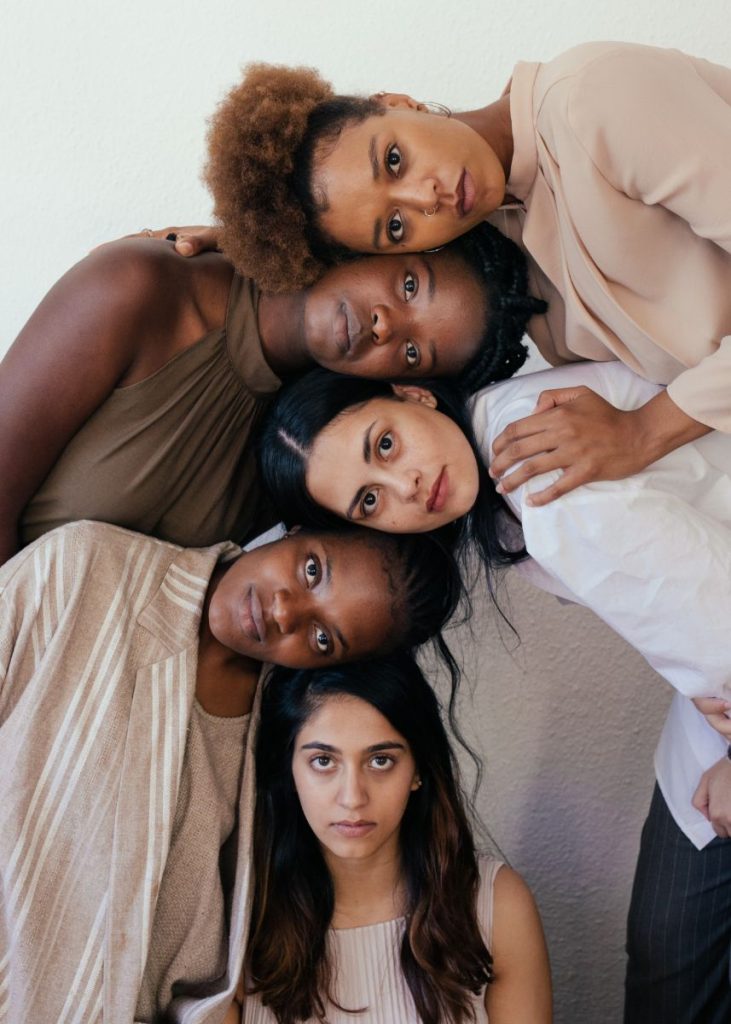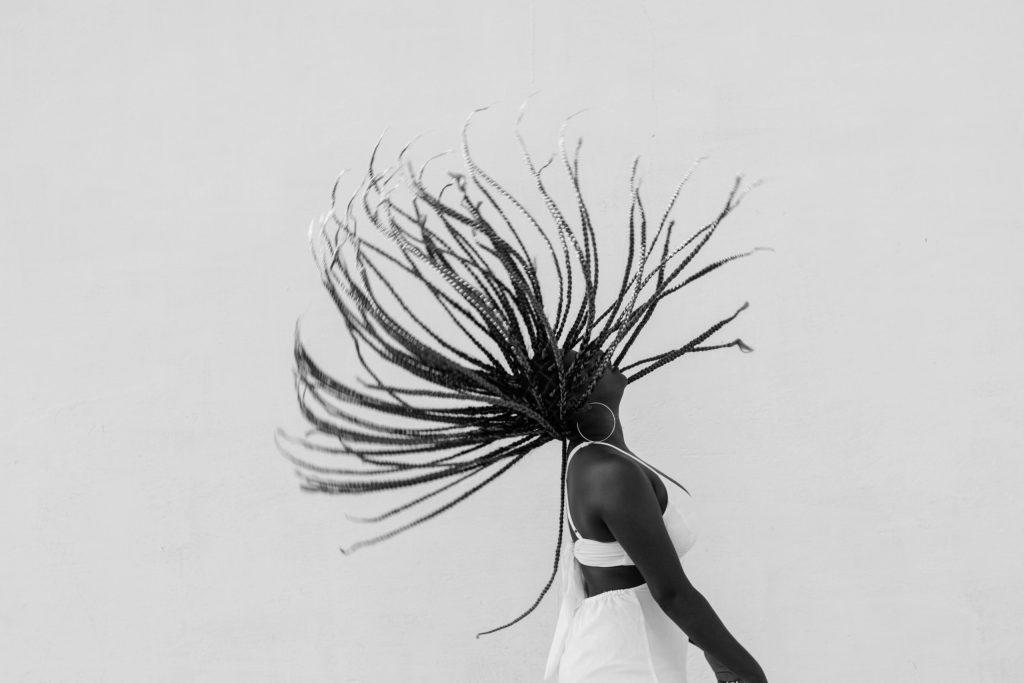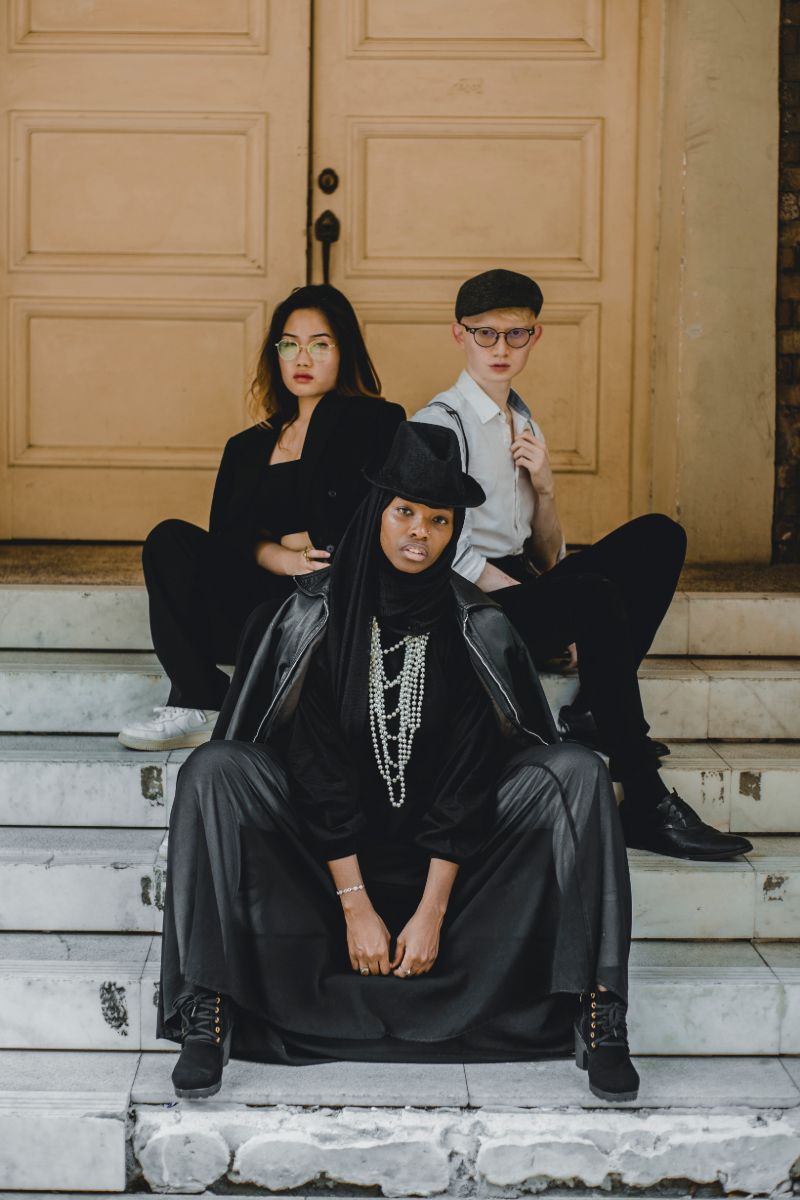FASHION MINORITY ALLIANCE
|
DIVERSITY. INCLUSION. SHARED VALUES.
The year of the COVID pandemic was the year that heralded “the great unmasking” of the fashion industry– the resurgence of the issue of systemic racism, waste, pollution, and unethical production and supply chain laid bare. It also ushered in an opportunity for change, a time for significant social change.
One such opportunity for leadership and collaboration to impact change was the launch of Fashion Minority Alliance, a Non-Profit and non-partisan organization toward advancing Black and Minority creatives.
Amid evolving times, The Fashion Minority Alliance (FMA) found its way into existence in September 2020 through the founding leadership of PR expert Barbara Kennedy-Brown and A-List stylist Cheryl Konteh.
It was with the mission to engage with brands, stakeholders and the next generation of the fashion industry to create opportunities and meaningful support for sustainable careers.
The FMA, as it has become known, has three main objectives–to facilitate, motivate and advocate. Their mission is to achieve a long-term change in the industry, where there are opportunities to ‘be included’ regardless of one’s background.
Based in London, FMA is Global with a British accent (as they like to say), having quickly established a great list of partners across EMEA. All the members pride themselves on knowing their territories’ language, enabling them to see the needs of creating a diverse space with true inclusion.



There are costs due to the lack of racial diversity in Fashion. The fashion industry has seen the need to improve diversity and inclusion, and FMA acknowledges the recent shift in brands’ effort in addressing the diversity issue. “There is a whole economy not being tapped as well as a diversity of savvy designers and creators. The brands have come to realize that the consumer wants authenticity and will spend carefully with the brand that talks to them,” says Edwards.
FMA believes the fashion industry is moving forward following the ongoing pandemic, which has had a significant effect on budgets, profits, products, and major players having to pivot to stay relevant. Fashion will see a more considered approach to consumption and said that the industry needs to keep moving forward, starting new chapters, journeys and evolving with an inclusive approach. “It isn’t about the cancel culture; it is about movement and celebration, making the inward as rich as the projected” FMA.
Since their establishment, the organization has been working on inspiring projects with global brands and sees a hunger for a new approach. They remain motivated and inspired to see their works in action, from hearing positive feedback from students to the CEOs of conglomerates telling FMA that they have benefited from a workshop or a brand they have supported to secure a new stockist.
“There is always more to do, and we are thrilled to have achieved so much in such a short space of time.” FMA∎












